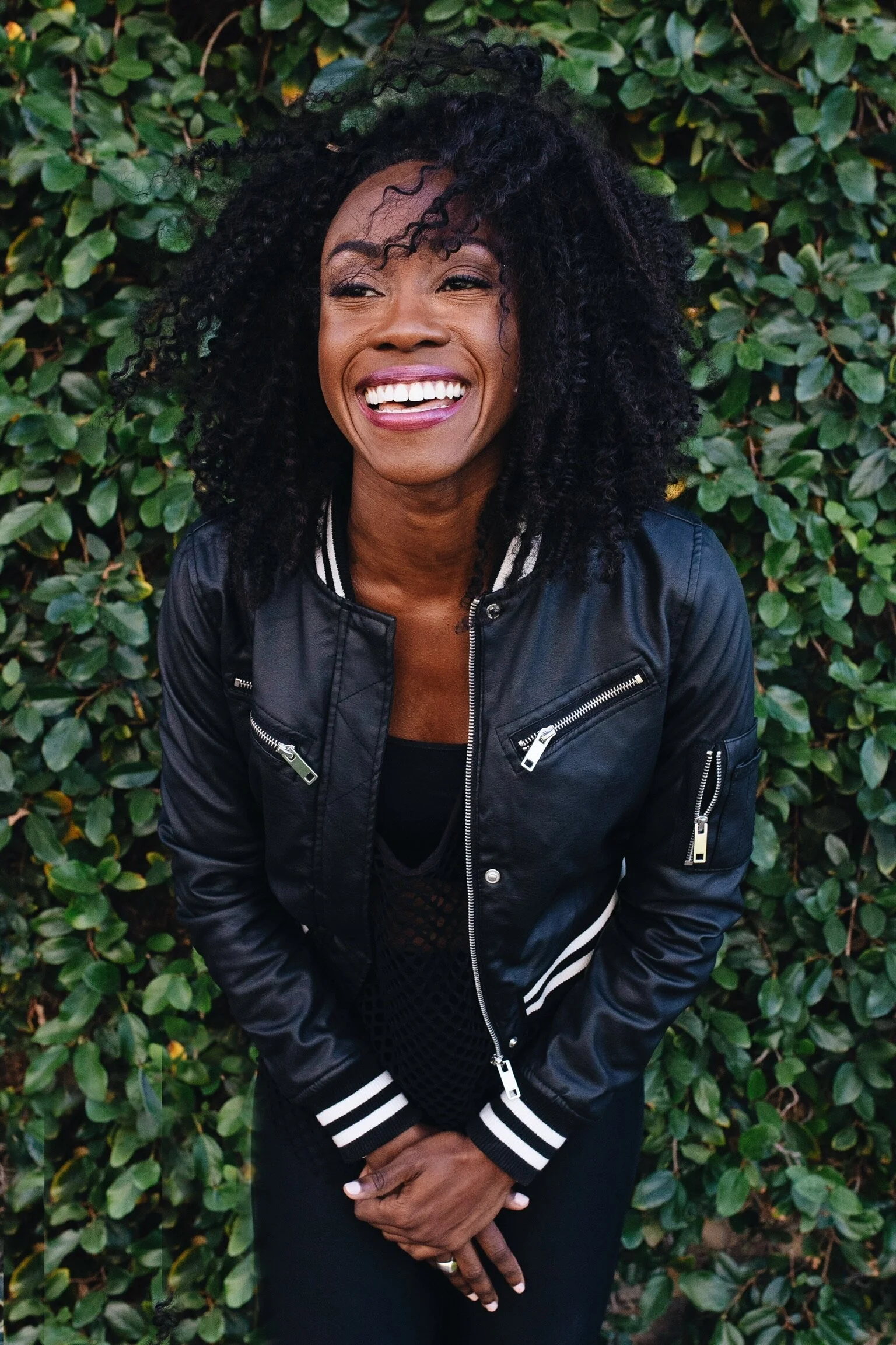Buying an investment property is a fantastic way to diversify your portfolio and can be incredibly lucrative. However, as with any investment, it is important to go into the situation with eyes wide open. TV shows and the game of Monopoly can make real estate investing seem like a walk in the park, but it does take effort to generate a positive cash flow from a property. With this in mind, I compiled five questions to ask yourself before you decide to buy your first investment property.
Five Questions To Ask Yourself Before Purchasing A Property
1. What is my goal with the property?
With any financial decision, knowing your why and long-term goal is going to determine how you approach a decision. When it comes to an investment property, is your goal to hold on to it through retirement and generate rental income for decades to come? Is your goal to fix it up, flip it out, and move on to the next project? Do you plan on gifting it to your children? Of course, plans change and your goal may shift over time but having an understanding of why you are making this huge financial decision will help steer you in the best direction for your situation.
2. Do the numbers make sense?
Before purchasing an investment property, it’s imperative to run the numbers to see if it has the potential to generate the return you are seeking. The first calculation you should run is the cap rate. I break down the cap rate in this 60-second video. The cap rate gives you a ballpark idea of how much money you can expect to generate each month from this property. You calculate this by subtracting operating expenses from the gross income. This total is known as your net income. Then you divide your net income by the purchase price and multiply it by 100 to get the cap rate.
The other numbers to consider are the potential monthly mortgage payments. In the event that the property is vacant for a while or the tenants don’t pay, would you be able to float the mortgage payments for a period of time?
3. Am I ready to be a landlord?
This is often an overlooked aspect of owning an investment property. When you have tenants, you become the landlord. This means you are responsible for responding to property requests at any time, you may need to manage interpersonal relationships related to the property and a whole host of other elements. You can opt to hire a property manager to handle many of these tasks but ultimately the responsibility lies in your hands.
4. How will I finance this property?
Unless you are purchasing the property with cash, you will need to work with a lender for financing. There are a variety of options including FHA loans and 203K loans. You can work with your team to find the best options for you. Which leads us to the final question…
5. Do I have the right team around me?
Surrounding yourself with experts will make all of the difference. Some of the people you will need on your team include a realtor, a broker, a CPA or tax accountant that specializes in real estate, and an attorney that specializes in real estate.
Once you are able to answer the above questions then you can confidently begin the process of purchasing your investment property.
Now I’d love to hear from you!
Have you purchased an investment property? If so, what is something you wish you knew before you started? You never know how your experience may help another Money & Mimosas reader.

